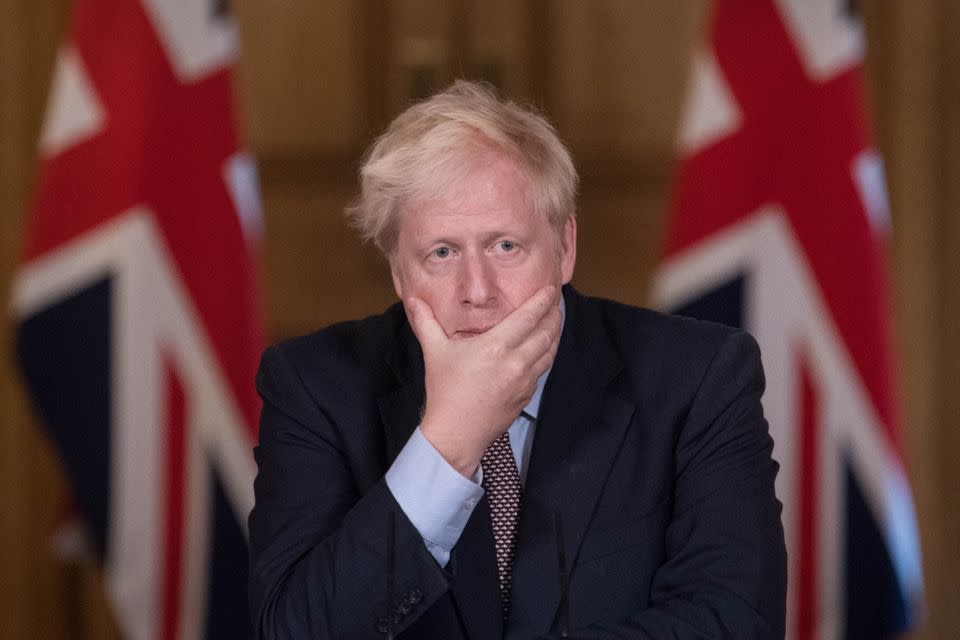Operation Moonshot: Four Astronomical Hurdles The Government Must Overcome

First things first: What the hell is Operation Moonshot?
Amid all the commotion on Wednesday about the new law making gatherings of more than six people in England illegal, you might have missed Boris Johnson’s other big announcement – Operation Moonshot.
Speaking from Downing Street, the prime minister laid out his plans for a mass Covid-19 testing programme that would allow people to check within minutes that they were free from the virus and could therefore “behave in a more normal way” without fear of making others ill.
“Literally millions” of tests could be processed “every single day”, Johnson told the public, describing new “simple, quick and scalable” tests that could determine whether someone had coronavirus in as little as 20 minutes.
He described how this new technology would allow theatres and sports venues to test entire crowds of people and had the potential to transform workplaces.
According to leaked memos seen by the British Medical Journal, the UK has drawn up plans to eventually carry out up to 10 million Covid-19 tests a day by early 2021 – at a cost of more than £100bn.
Sounds great, right? Sure. But the government has some seriously big hurdles to overcome before getting Operation Moonshot off the ground.
Hurdle one: The technology doesn’t actually exist...
“If these quick 20-minute tests are available, why aren’t we already using them?” you might be asking yourself. In short – because they’re not.
Amid a crisis in the government’s current test and trace programme, transport secretary Grant Shapps admitted that the technology for the PM’s “moonshot” testing plan doesn’t actually exist yet.
"This is technology that requires further development".
Transport Sec @grantshapps admits there isn't yet a "certified COVID test in the world" that gives results in minutes as the government's 'Operation Moonshot' programme hopes to do. JJ#KayBurleypic.twitter.com/5FfdrKlFda— Kay Burley (@KayBurley)



